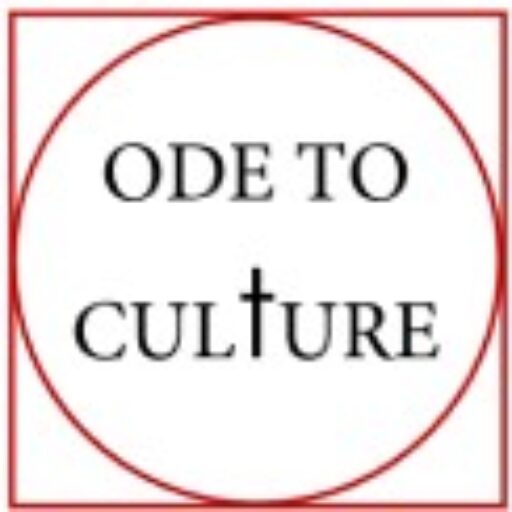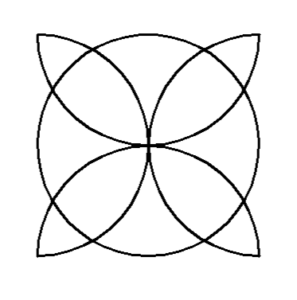Prompt 24: March 1, 2023
Imagine for a moment a daily task you use a computer for done without the machine. Would it be possible? Would it be necessary? There is no doubt our world could not function the way it does now without the infinitely complex computation used to maintain it. When Riley asked me to open up a prompt on artificial intelligence, I knew I didn’t know enough about the subject– which might be the point.
In general, the problems being solved by our latest innovations are only insufficiencies or damages of the previous generation of the “solution”. In my field, where artificial intelligence may be most responsibly used (1), the HVAC control systems that are upgraded are typically handled by perfectly functional devices. The only improvements on the new systems are for more points of monitorization, greater ability to model point trends, and a stronger encryption of data at the server level. The systems of control prior to these direct digital controls would have been some kind of system of analogue controls which would require a much more robust maintenance staff to manually account for system fluctuations. This expensive HVAC system is entirely necessary of course for any ordinary office building because the work done in the office building is entirely necessary and too important to be done uncomfortably. Remind me again why it is entirely necessary that the Central Intelligence Agency needs comfortable offices in Dar Es Salaam, Tanzania?
The point being that our continued escalation in complexity does not solve real problems; or should I say, human problems. Of these human problems, we look back to the fracturing of our intelligence, to the fruit from the tree of the knowledge of good and evil.
But the serpent said to the woman, “You will not surely die. For God knows that when you eat of it your eyes will be opened, and you will be like God, knowing good and evil.” So when the woman saw that the tree was good for food, and that it was a delight to the eyes, and that the tree was to be desired to make one wise, she took of its fruit and ate, and she also gave some to her husband who was with her, and he ate. Then the eyes of both were opened, and they knew that they were naked. And they sewed fig leaves together and made themselves loincloths.
And they heard the sound of the Lord God walking in the garden in the cool of the day, and the man and his wife hid themselves from the presence of the Lord God among the trees of the garden. But the Lord God called to the man and said to him, “Where are you?” And he said, “I heard the sound of you in the garden, and I was afraid, because I was naked, and I hid myself.” He said, “Who told you that you were naked? Have you eaten of the tree of which I commanded you not to eat?” The man said, “The woman whom you gave to be with me, she gave me fruit of the tree, and I ate.” Then the Lord God said to the woman, “What is this that you have done?” The woman said, “The serpent deceived me, and I ate.”
. . . .
To the woman he said, “I will surely multiply your pain in childbearing; in pain you shall bring forth children. Your desire shall be contrary to your husband, but he shall rule over you.”
And to Adam he said, “Because you have listened to the voice of your wife and have eaten of the tree of which I commanded you, ‘You shall not eat of it,’ cursed is the ground because of you; in pain you shall eat of it all the days of your life; thorns and thistles it shall bring forth for you; and you shall eat the plants of the field. By the sweat of your face you shall eat bread, till you return to the ground, for out of it you were taken; for you are dust, and to dust you shall return.”
Genesis 3:4-13, 16-19
Culture is the legacy of our banishment from the garden. Culture is how multi-generational problems are solved by raising children in the traditions of successful hunts, farms, tribes, armies, and builds. In a culture, we are constrained by traditions that worked with previous problems, but challenged by new ones which need creative solutions using the tools available to the existing culture. If the problems being pursued are too great for a cultural understanding, are they even solvable?
I know that suggesting the possibility of unsolvable problems is taboo in our hyper-technical world, but such is our arrogance. For our intelligence to be “fractured”, as I suggested, is not to say the text implies any physical impairment or enhancement of the minds of our earliest parents, but that their attention was broken. This is not a cognitive shift, but one of identity, purpose, and worship. What is intended, or at least what is fitting, of intelligence is not an abstracted measure of knowledge or reasoning power, but the very cohesion of our bodies and our work– to know what we are doing.
Whether it is creating artificial intelligences, genetically modified organisms, atom bombs, or infectious diseases, are we sure we know what we are doing?
The thread is open. Create boldly, and may the Spirit guide us all.
Notes
This is based on my ignorance that I consider artificial intelligence a vague term to describe calculations that become sophisticated enough to predict future iterations. In HVAC controls, this capability is already used in predicting daily demand patterns to preheat or pre-cool spaces based on the typical workday. I consider it a responsible use of the technology because less energy is ultimately needed when the supervisor controller is always optimizing the efficiency of the entire system.

